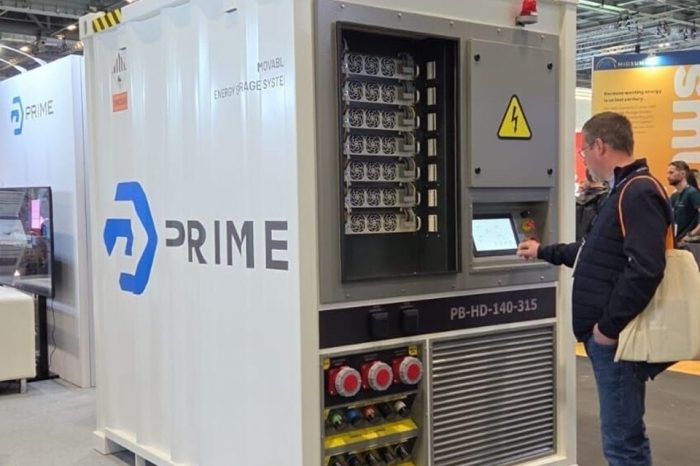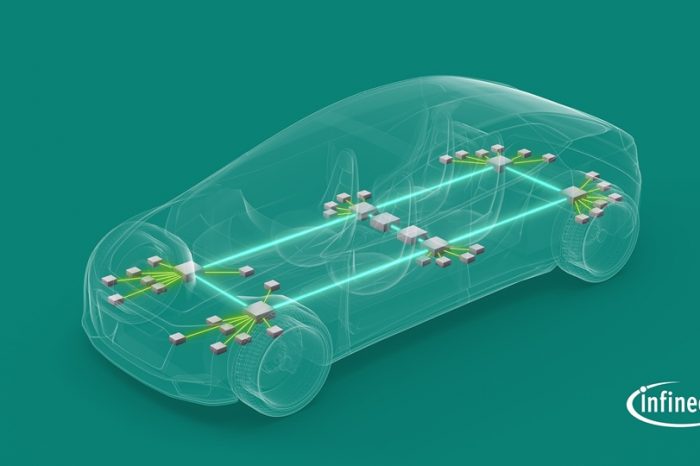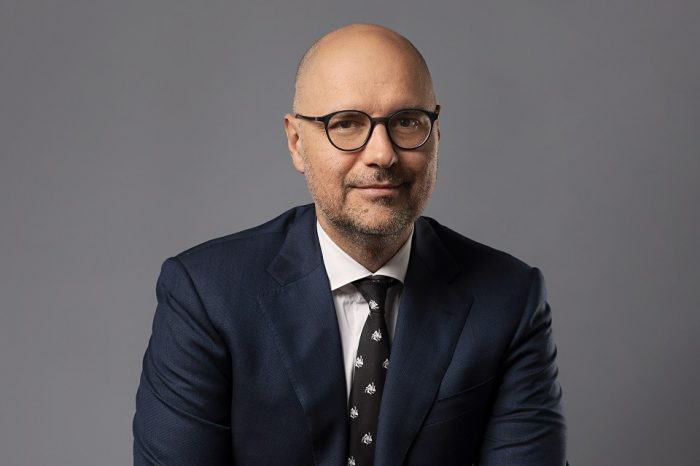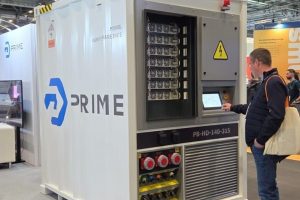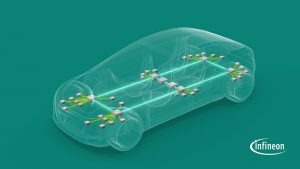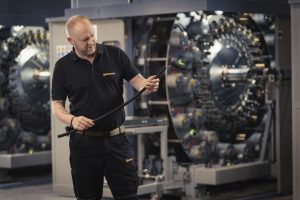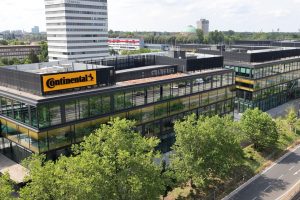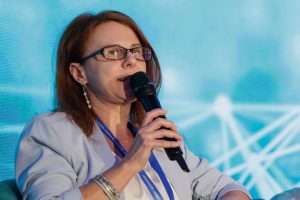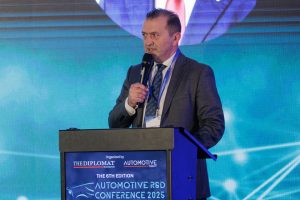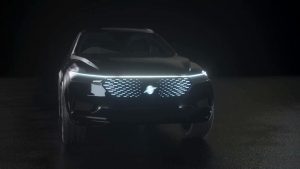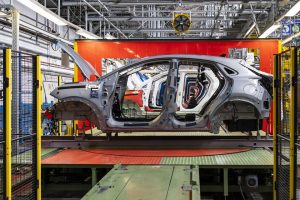EBRD and InnoEnergy partner on EV recycling
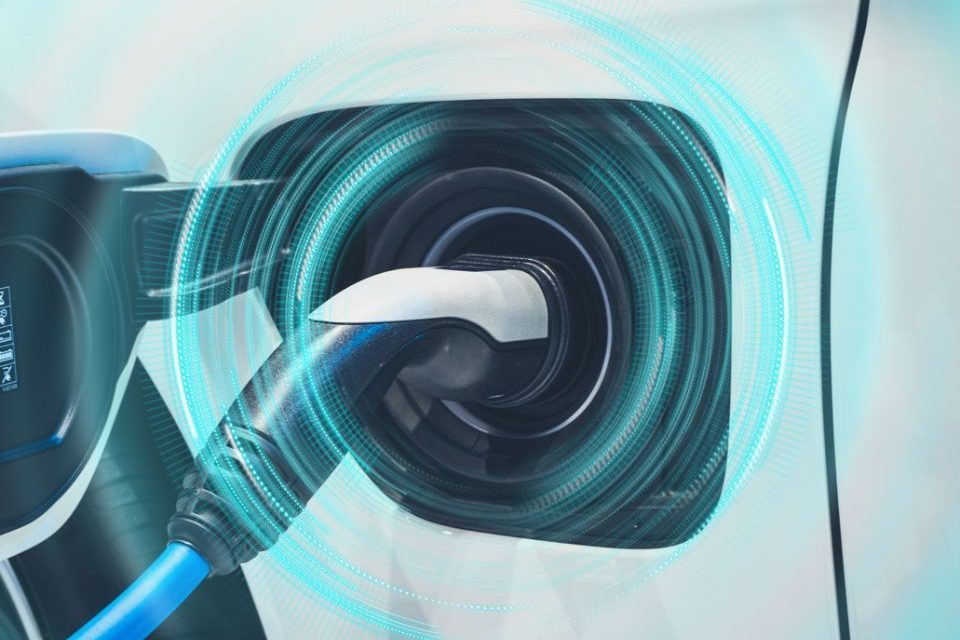
The European Bank for Reconstruction and Development (EBRD) and EIT InnoEnergy are working together to develop an investment landscape for electric vehicle (EV) battery recycling in the economies where the Bank invests, starting with Poland and potentially expanding to neighbouring countries in central Europe.
The EBRD and EIT InnoEnergy aim to promote the use of secondary raw materials in battery production.
Both institutions have extensive experience in the EV battery ecosystem and a strong track record in fostering circular economy business models.
In recent years the EBRD has made a number of investments in EV battery manufacturing in central Europe and built up strong networks in the sector. In Poland the EBRD has committed more than €500 million to the EV manufacturing sector, of which the most recent project was to invest in a new EV battery recycling facility.
EIT InnoEnergy, the leader of the European Battery Alliance (EBA), supports innovative companies operating in clean technology and batteries sectors and runs the EBA Academy, a pan-European education ecosystem that helps train the workforce needed to grow the EU’s battery industry. The EBA Academy platform will be key to engage with the key stakeholders along the battery recycling value chain. In addition to EBA, EIT InnoEnergy is the driving force behind the European Green Hydrogen Acceleration Centre (EGHAC) and the European Solar Photovoltaic Industry Alliance.
The two institutions will work together to identify market barriers to the development of the EV battery recycling value chain in Poland and potentially in other central European markets. The goal is to assess technological and regulatory challenges, create a platform to facilitate exchanges and partnerships between stakeholders along the EV battery materials recycling value chain, develop a knowledge hub for learning opportunities, and ultimately support access to finance.
Marcin Wasilewski, the CEO of EIT InnoEnergy Central Europe, said: “Effective transport decarbonisation plays a key role in the EU’s plan to reach climate neutrality by 2050. Analyses suggest that Poland will have over 1 million electric vehicles on the road by 2030 and will be a major supplier of batteries to European markets. However, a significant challenge is the availability of battery components. The material intensity of an electric vehicle is almost double that of an internal combustion vehicle. While new technologies might reduce material intensity, recycling and the circular economy are critical to ensure that supply can meet demand and secure EU strategic autonomy. As EIT InnoEnergy, we are committed to incorporating CEE’s cleantech industry into EU strategic value chains, including a competent workforce. We are excited that we can now join forces with the EBRD to develop and scale up the central European EV battery recycling ecosystem.”
Gianpiero Nacci, Director of Sustainable Business and Infrastructure, Climate Strategy and Delivery at the EBRD, said: “Batteries are recognised as one of the key technologies for transition to a low-carbon and resilient economy, which is a top priority for the EBRD. Developing markets for secondary raw materials for batteries will be crucial to accelerate the transition to low and zero-carbon vehicles. It will also allow the production of materials in Europe and out of waste, with the objective to deliver significant circular economy benefits for everybody, from citizens to investors. The EBRD is pleased to collaborate with EIT InnoEnergy on our common goals towards a greener transport system and resource efficiency.”


